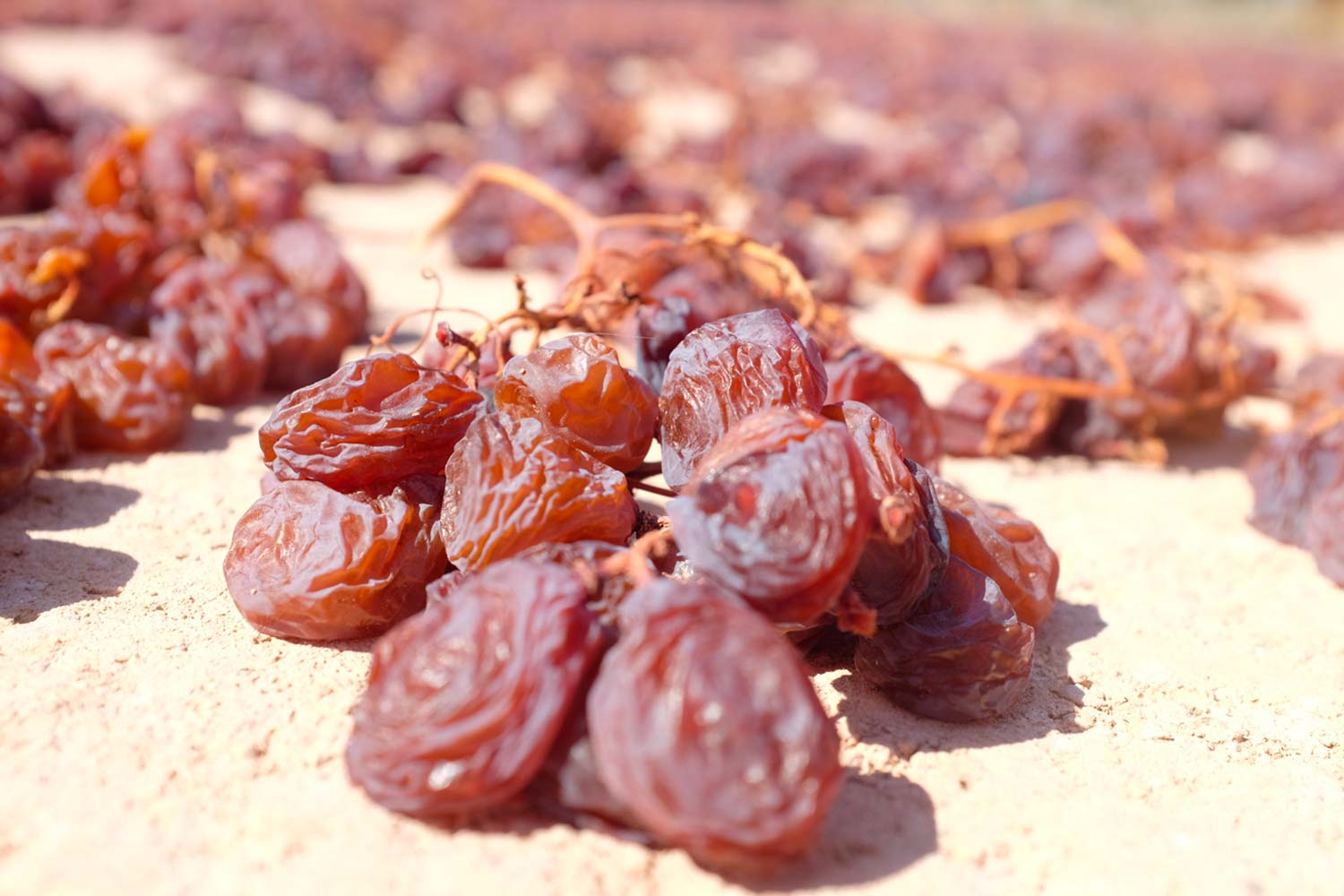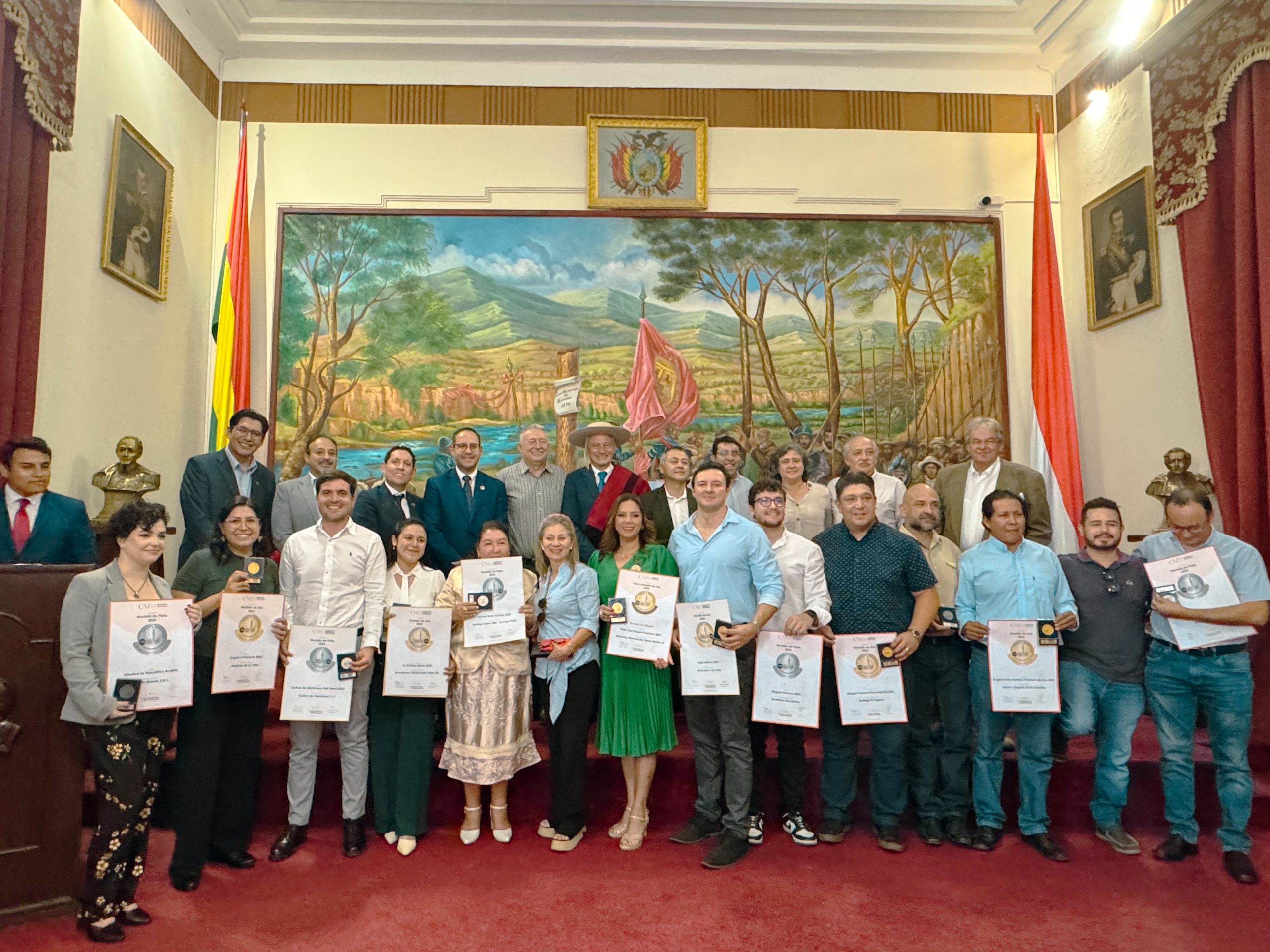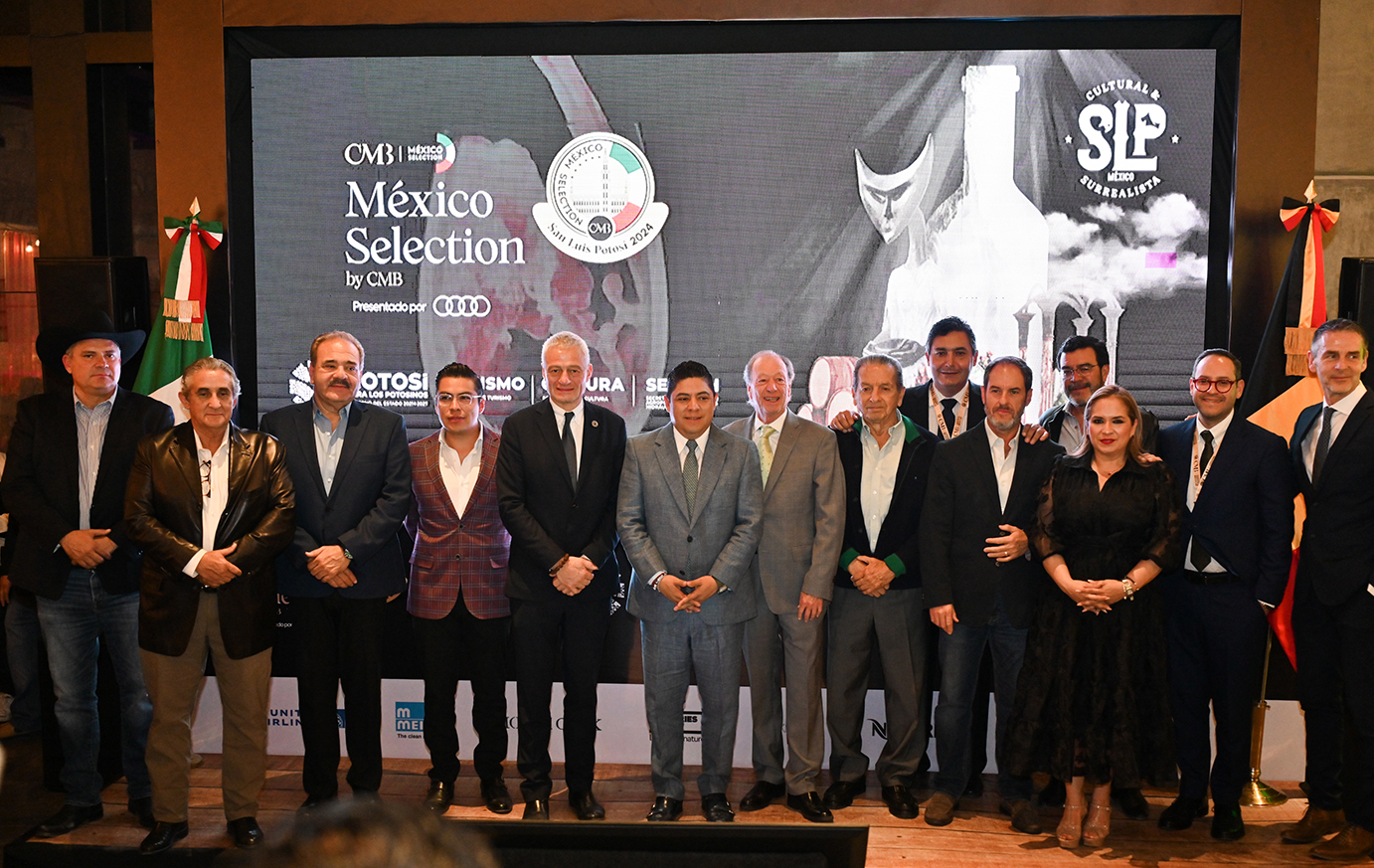Marvellous marsala – 10 things you need to know

- Marsala: what is it?
Marsala is a fortified wine which can be dry or sweet. It is made near the Italian town of Marsala on the island of Sicily. It is made from local grapes (Grillo, Inzolia, Catarratto and Damaschino for the white version, Nero d’Avola, Nerello Mascalese and Pignatello for the red), with the addition of a distilled spirit.
- Marsala: how is it classified?
Marsala first received Denominazione di Origine Controllata (DOC) status in 1969 and the EU has granted Protected Designation of Origin (PDO) status to Marsala.
It is classified according to its colour and how long it has been aged. The Italian government’s Denominazione di Origine Controllata (DOC) regulates the use of the term Marsala to wine (and other products) made in the Marsala area. Although unfortified wine is also made in the Marsala region, it does not qualify for the Marsala DOC.
- How is sweet Marsala made?
To make a sweet Marsala wine, the grapes are harvested and crushed, and the fermentation begins. A distilled spirit (usually brandy) is added: if this is done before fermentation is complete, there will be more residual sugar, resulting in a sweeter wine. Alternatively, if the spirit is added once fermentation has finished, the wine will be drier.
- Many kinds of Marsala
Marsala comes in a wide range of styles and is classified by sweetness, colour and age. Secco is the driest version of Marsala, with less than 40 grams of sugar per litre, while semi-secco has 50–100 grams of residual sugar. Dolce is the name given to sweet Marsala with more than 100 grams of sugar per litre.
- The colours of Marsala: ambra, rubino and oro
Colour-wise, first up is ambra, an amber-hued Marsala made from white grapes, with nutty, dried fruit flavours. Rubino (ruby) gets its stunning colour from red grape varieties including Pignatello, Perricone, and Nerello Mascalese. Fruity and fragrant, it also has a tannic component thanks to the red grapes.
As its name suggests, oro (gold) has a rich, golden colour. Made from white grape varieties, this wine boasts enticing notes of vanilla, hazelnut and liquorice.
- Marsala: how to enjoy it
As it is a fortified wine, Marsala is usually served in smaller measures (it is typically 15-20% abv). Although popular as a semi-dry cooking wine, a high-quality Marsala is an excellent sweet wine. Try it as an aperitif, or enjoy a glass after your meal – it makes a delicious digestif.
- Marsala: how long can you keep it?
Thanks to the fortifying process, Marsala wine can last for as long as six months after opening (keep it any longer and it will start to lose its delicious aromas and flavours). Store your Marsala in a cool, dry place and you’ll be able to enjoy it for longer.
- Marsala and the English: fun fact
It is said that Marsala fortified wine was first made popular outside Sicily by the English trader John Woodhouse, who landed at the port of Marsala in 1773. He tried the local wine and shipped it back to his home country where it proved successful with his fellow countrymen who already enjoyed drinking Spanish and Portuguese fortified wines.
Woodhouse returned to Sicily and, in 1796, began mass production and commercialisation of Marsala. In 1806, another British trader called Benjamin Ingham arrived in Sicily and consequently opened new markets for Marsala in Europe and the Americas.
- Marsala and other sweet wines from Sicily
Sicily is famous for its range of sweet, fortified and noble rot wines, of which DOC Marsala is one. Other names to know include Passito de Pantelleria, Malvasia delle Lipari, Moscato di Noto, not forgetting DOC wines made from Zibbibo and Malvasia.
- Marsala to host the Concours Mondial de Bruxelles Sweet and Fortified Wine Session
The Italian town of Marsala (western Sicily) will host the first Sweet and Fortified Wine Session of the Concours Mondial de Bruxelles from September 20th – 23rd, 2022.
The competition is open to all sweet and fortified wines, irrespective of their sugar content and colour. It will feature a panel of international experts with the requisite tasting skills who will judge the wines blind to identify excellence within this fascinating category.


